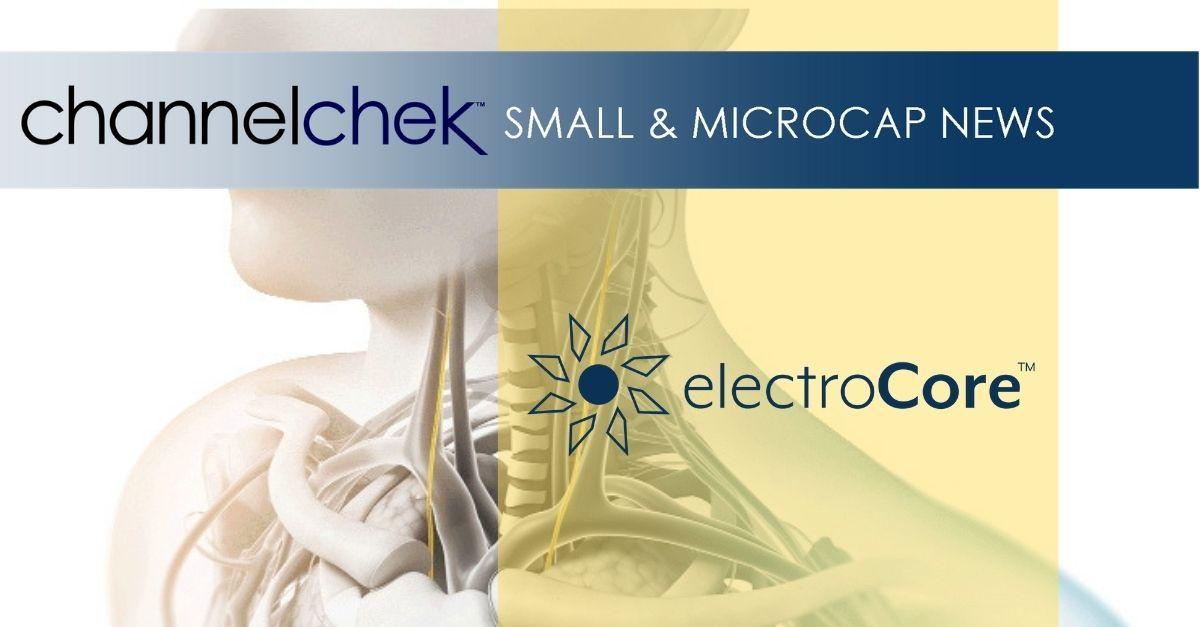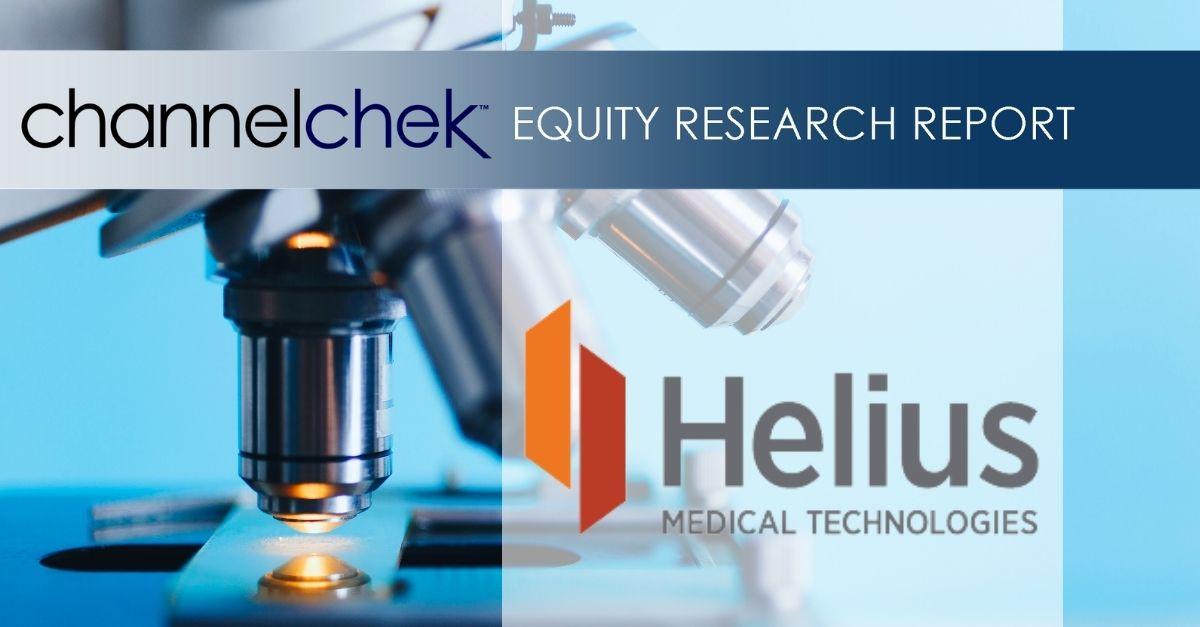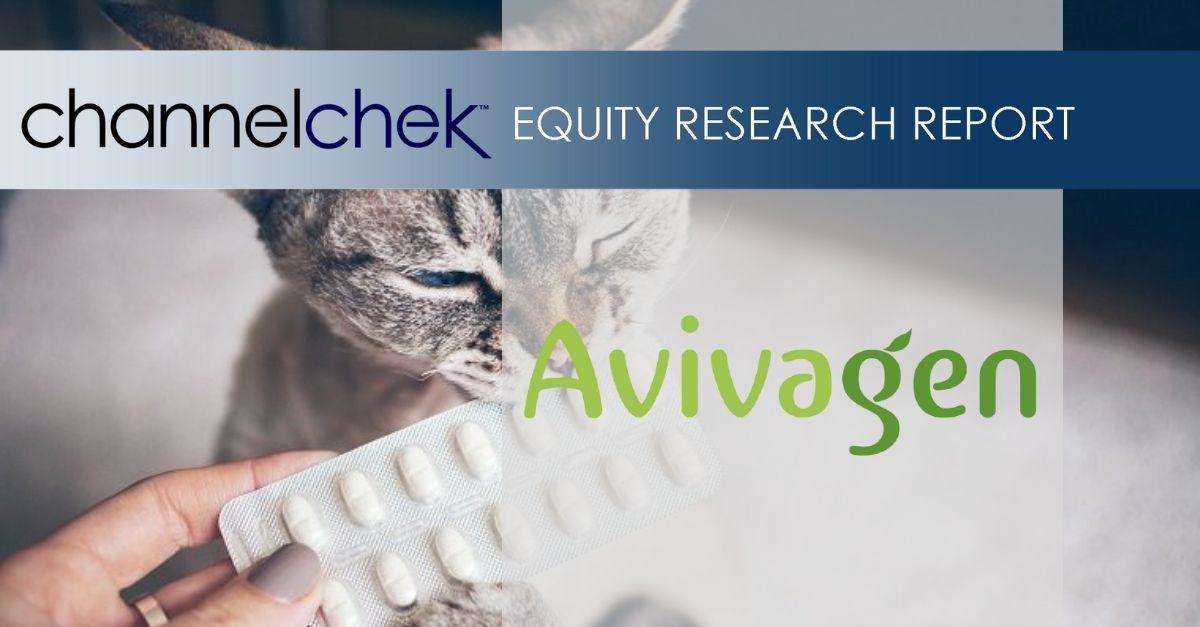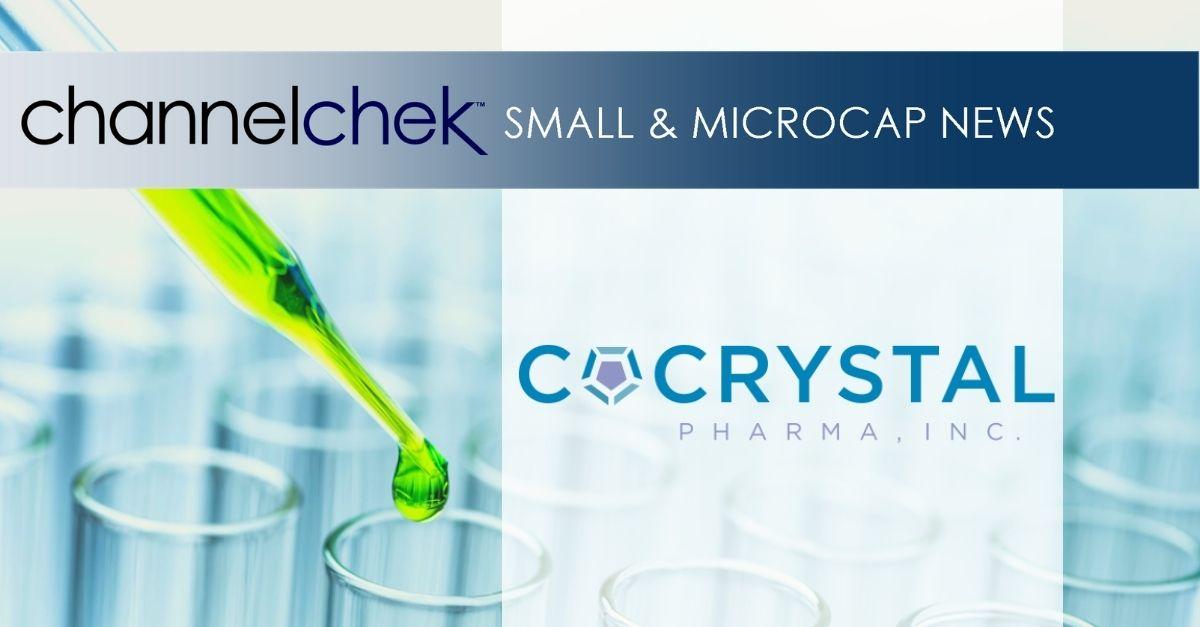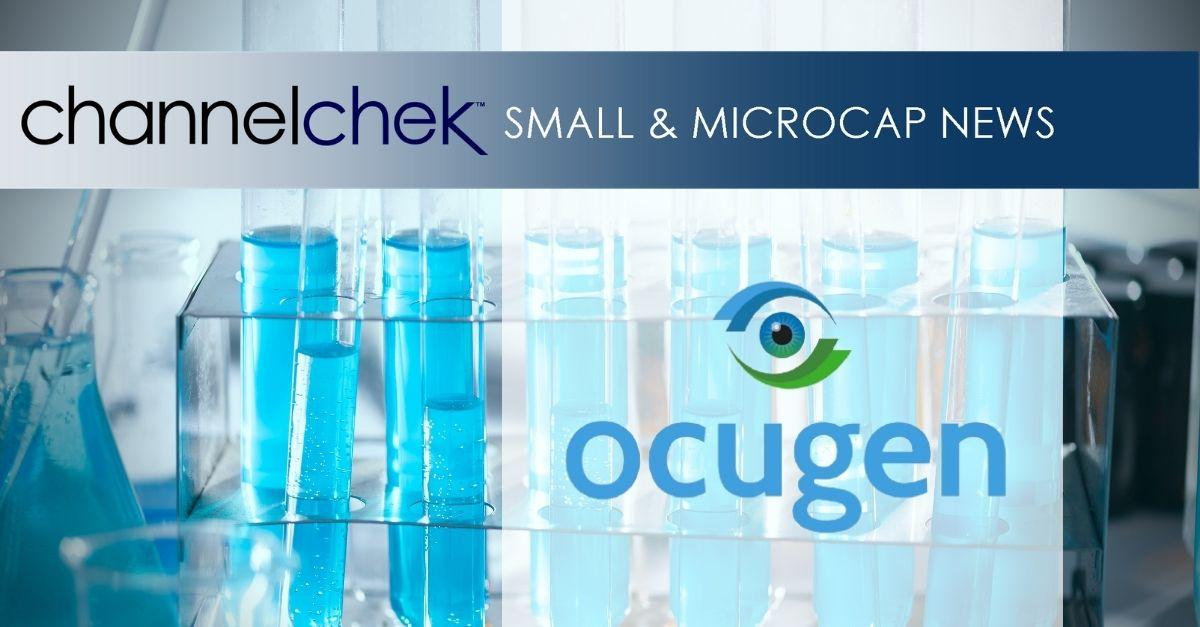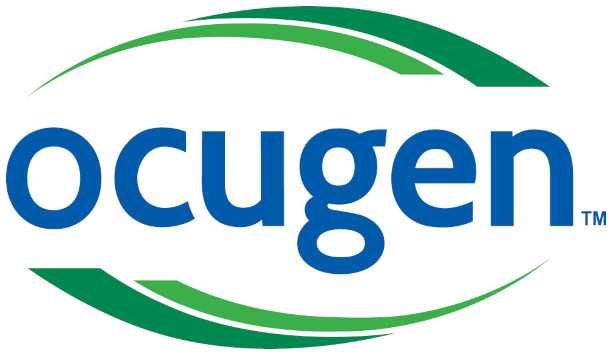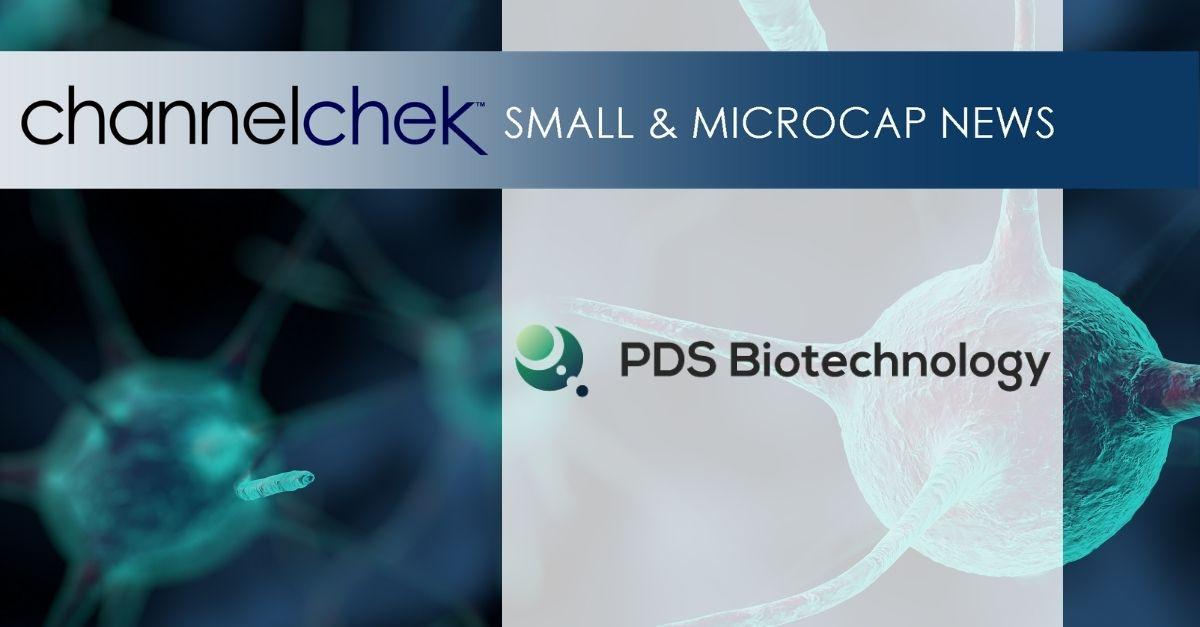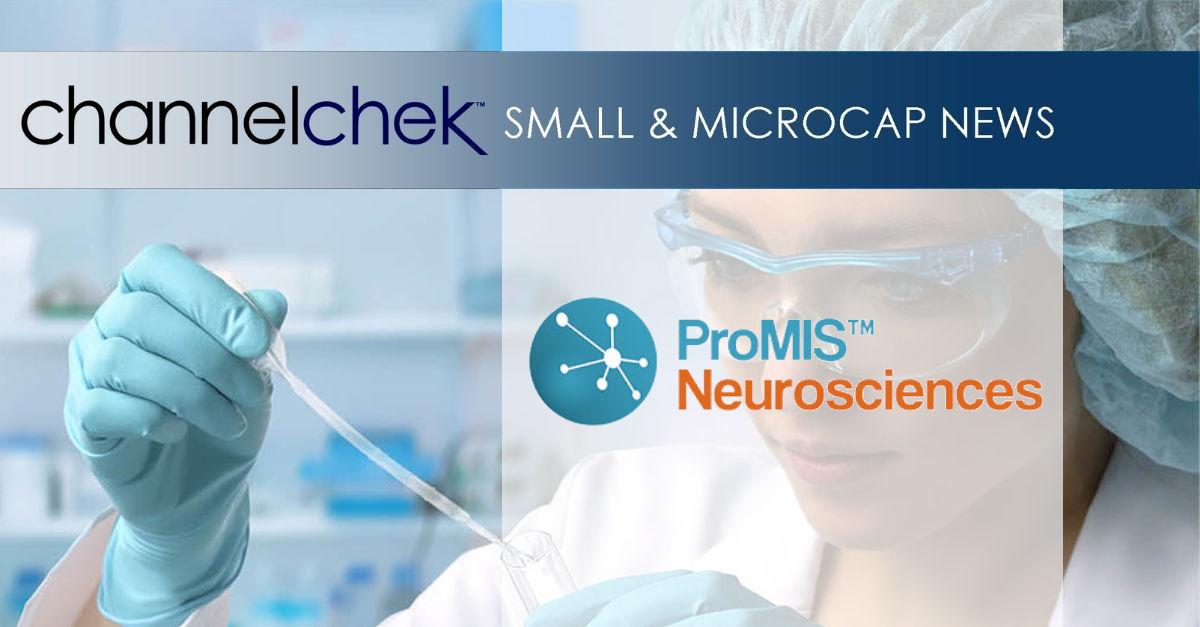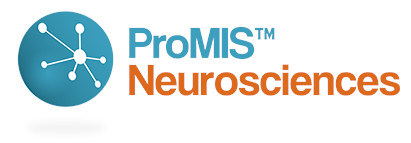electroCore, Inc. Announces Completion of Enrollment in the TRANSIT Study of non-Invasive Vagus Nerve Stimulation (nVNS) in Post-Operative Ileus
News and Market Data on electroCore
Ileus occurs in 10-20% of patients who have undergone elective colorectal surgery. Ileus is a distressing condition characterized by abdominal distension, persistent vomiting, and delayed return of bowel function after surgery. For patients, it prolongs the length of hospital stays and increases the risk of serious complications such as pneumonia and venous thromboembolic events. For healthcare systems, ileus increases per-patient costs by up to 71%, particularly those associated with nursing care, laboratory investigations, and medications.
Clinical endpoints in the TRANSIT study include the number of postoperative days to first flatus, first stool, first oral intake, hospital discharge, and the GI-2 composite outcome, a common clinical measure of return of bowel function. The amount of daily oral morphine equivalent requirements, as well as a number of safety and feasibility outcomes to inform potential future clinical research and use, will also be assessed. Study results are expected later this year and will be presented at an appropriate medical congress.
“We are excited by the completion of enrollment in the TRANSIT study and are a step closer to potentially providing patients an alternative option to treat post-operative ileus, while reducing recovery time and costs,” commented Dr.
About the National Institute for Health Research (NIHR)
The mission of the
- Funding high quality, timely research that benefits the National Health Service (
NHS ), public health and social care. - Investing in world-class expertise, facilities, and a skilled delivery workforce to translate discoveries into improved treatments and services.
- Partnering with patients, service users, carers and communities, improving the relevance, quality and impact of our research.
- Attracting, training, and supporting the best researchers to tackle complex health and social care challenges.
- Collaborating with other public funders, charities, and industries to help shape a cohesive and globally competitive research system; and
- Funding applied global health research and training to meet the needs of the poorest people in low- and middle-income countries.
NIHR is funded by the
About
The
The
About electroCore, Inc.
electroCore, Inc. is a commercial stage bioelectronic medicine company dedicated to improving patient outcomes through its non-invasive vagus nerve stimulation therapy platform, initially focused on the treatment of multiple conditions in neurology. The company’s current indications are the preventive treatment of cluster headache and migraine, the acute treatment of migraine and episodic cluster headache, the acute and preventive treatment of migraines in adolescents, and paroxysmal hemicrania and hemicrania continua in adults.
For more information, visit www.electrocore.com.
About gammaCore™
gammaCore™ (nVNS) is the first non-invasive, hand-held medical therapy applied at the neck as an adjunctive therapy to treat migraine and cluster headache through the utilization of a mild electrical stimulation to the vagus nerve that passes through the skin. Designed as a portable, easy-to-use technology, gammaCore can be self-administered by patients, as needed, without the potential side effects associated with commonly prescribed drugs. When placed on a patient’s neck over the vagus nerve, gammaCore stimulates the nerve’s afferent fibers, which may lead to a reduction of pain in patients.
gammaCore (nVNS) is FDA cleared in the United States for adjunctive use for the preventive treatment of cluster headache in adult patients, the acute treatment of pain associated with episodic cluster headache in adult patients, and the acute and preventive treatment of migraine in adolescent (ages 12 and older) and adult patients, and paroxysmal hemicrania and hemicrania continua in adult patients. gammaCore is CE-marked in the European Union for the acute and/or prophylactic treatment of primary headache (Migraine, Cluster Headache, Trigeminal Autonomic Cephalalgias and Hemicrania Continua) and Medication Overuse Headache in adults.
gammaCore is contraindicated for patients if they:
- Have an active implantable medical device, such as a pacemaker, hearing aid implant, or any implanted electronic device
- Have a metallic device, such as a stent, bone plate, or bone screw, implanted at or near the neck
- Are using another device at the same time (e.g., TENS Unit, muscle stimulator) or any portable electronic device (e.g., mobile phone)
Safety and efficacy of gammaCore have not been evaluated in the following patients:
- Adolescent patients with congenital cardiac issues
- Patients diagnosed with narrowing of the arteries (carotid atherosclerosis)
- Patients who have had surgery to cut the vagus nerve in the neck (cervical vagotomy)
- Pediatric patients (less than 12 years)
- Pregnant women
- Patients with clinically significant hypertension, hypotension, bradycardia, or tachycardia
For more information, please visit gammaCore.com
Forward-Looking Statements
This press release and other written and oral statements made by representatives of electroCore may contain forward-looking statements within the meaning of the Private Securities Litigation Reform Act of 1995. Such forward-looking statements include, but are not limited to, statements about electroCore’s business prospects and clinical and product development plans (including with respect to enrollment in ongoing studies); its pipeline or potential markets for its technologies; the timing, outcome and impact of regulatory, clinical and commercial developments; the issuance of
Investors:
404-736-3838
ecor@cg.capital
or
Media Contact:
electroCore
908-313-6331
jackie.dorsky@electrocore.com
